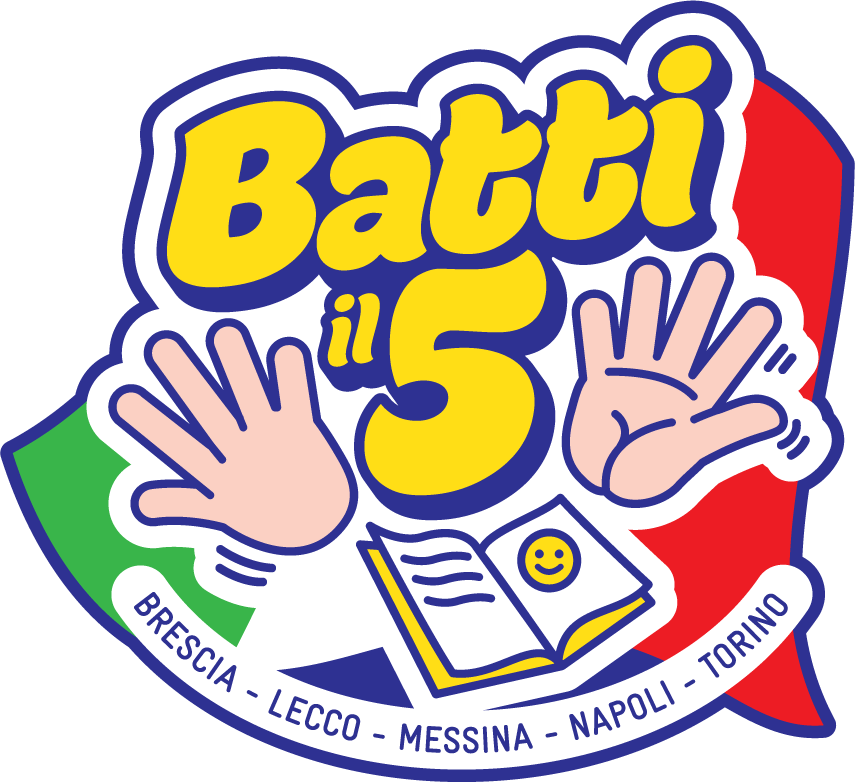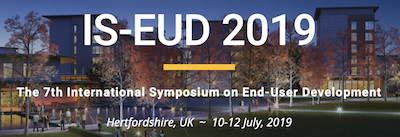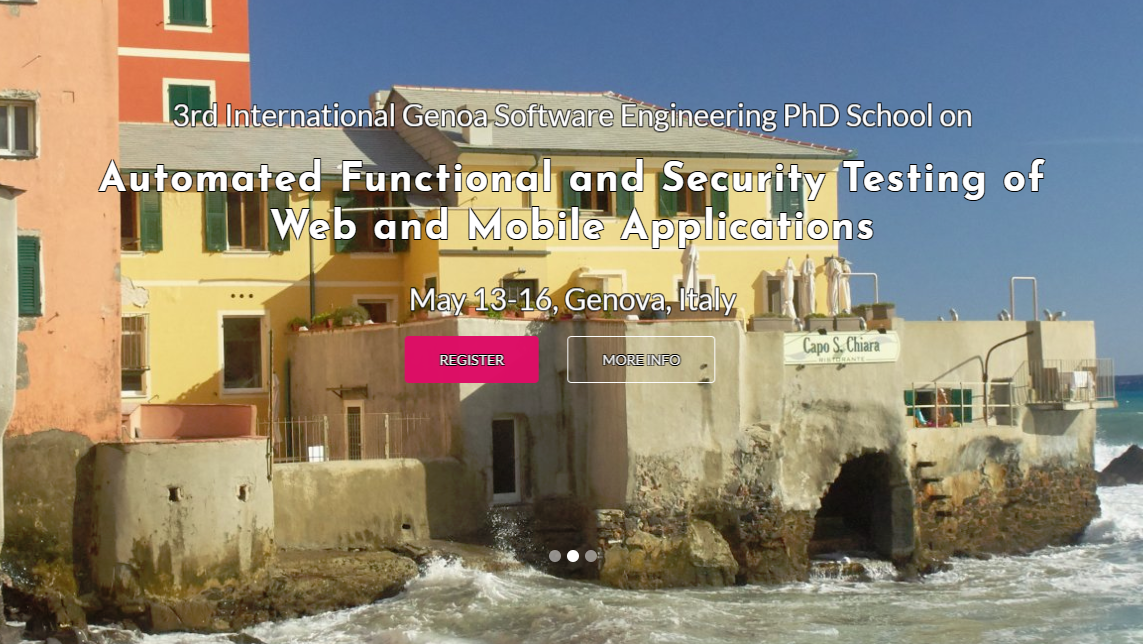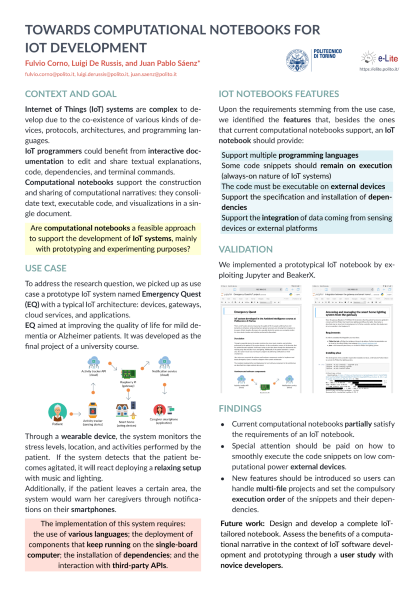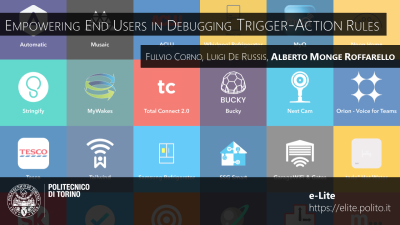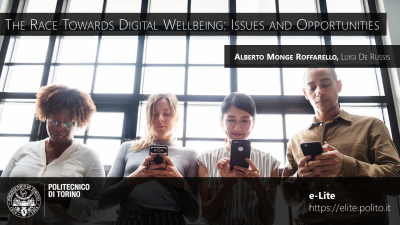- Details
Il progetto "Batti il 5" coinvolgerà con attività didattiche i bambini dell'intero ciclo educativo (infanzia, primaria, secondaria di primo grado) delle scuole presenti nel quartiere di Mirafiori (Torino): l'Istituto Comprensivo Cairoli e l'Istituto Comprensivo Salvemini. Il gruppo e-Lite è coinvolto su 3 annualità, con attività differenziate in funzione della preparazione delle varie classi:
- con le classi quarte della scuola primaria, si svolgeranno attività di coding di base sviluppando insieme un videogioco con la piattaforma Scratch
- con le classi quinte della scuola primaria, si proporranno attività di robotica educativa programmando robot della serie Lego EV3
- con le classi seconde della scuola secondaria di primo grado, si esplorerà il coding avanzato utilizzando le schede Micro:bit della BBC.
- Details
The e-Lite group will participate at the 7th International Symposium on End-User Development (IS-EUD 2019) with a full paper about End-User Debugging in the IoT. IS-EUD will be held at the University of Hertfordshire, UK from from 10-12 July 2019.
Alberto will present a paper entitled "My IoT Puzzle: Debugging IF-THEN Rules Through the Jigsaw Metaphor" on Thursday, July 11 during the "Infrastructures for end-user development" session (10:45-12:30, A166 - Lindop Building). The paper introduces "My IoT Puzzle", a tool to compose and debug IF-THEN rules based on the Jigsaw metaphor. My IoT Puzzle interactively assists users in the debugging process with different real-time feedback, and it allows the resolution of conflicts by providing textual and graphical explanations. This work is part of the research activities on End-User Debugging in the IoT.
- Details
From 13 to 16 May 2019, Juan Pablo Sáenz participated in the 3rd International Genoa Software Engineering Ph.D. School, held in Genoa, Italy, and hosted by the University of Genova.
The topic of the summer school concerned Automated Functional and Security Testing, and its scope was to provide an overview of the most advanced techniques for automated testing of Web and Mobile apps. The lessons presented cutting-edge techniques regarding testing automation at the unit, integration and system level; usage of automated testing tools (e.g., DOM-based and Visual tools); design patterns specific for Web and Mobile apps (e.g., the page object pattern); and automatic test case generation (based on search-based algorithms and dynamic symbolic execution).
The course included theory lectures in the morning and hands-on, project-oriented labs in the afternoon.The laboratory sessions scheduled for the afternoon are dedicated to practical tasks.
- Details
During the ACM Conference on Human Factors in Computing Systems (CHI), held in Glasgow, Scotland, from 6 to 9 May, Juan Pablo Sáenz presented his work on a computational notebook for the Internet of Things. The presentation took place in the poster session and saw discrete participation and some interesting discussions, both with people from the industry and the academia.
The paper associated to that presentation is entitled Towards Computational Notebooks for IoT Development, authored by Fulvio Corno, Luigi De Russis and Juan Pablo Sáenz. It introduces a literate computing approach to support the prototyping of IoT systems.
- Details
On May 9, 2019, Alberto Monge Roffarello presented the paper "Empowering End Users in Debugging Trigger-Action Rules" at the audience of ACM CHI 2019 (International CHI Conference on Human Factors in Computing Systems), held in Glasgow, UK.
The paper presents EUDebug,a system that enables end users to debug trigger-action rules for personalizing Internet of Things (IoT) devices and service. With EUDebug, users compose rules in a web-based application like IFTTT. The system highlights possible problems that the set of all defined rules may generate and allows their step-by-step simulation. Under the hood, a hybrid Semantic Colored Petri Net (SCPN) models, checks, and simulates trigger-action rules and their interactions. Results of exploratory study on 15 end users shows that EUDebug helps identifying and understanding problems in trigger-action rules, which are not easily discoverable in existing platforms.
- Details
On May 6, 2019, Alberto Monge Roffarello presented the paper "The Race Towards Digital Wellbeing: Issues and Opportunities" at the audience of ACM CHI 2019 (International CHI Conference on Human Factors in Computing Systems), held in Glasgow, UK.
The paper provides an overall perspective of contemporary mobile apps designed for for breaking "smartphone addiction" and achieving "digital wellbeing". It presents, in particular, a functionality review of the 42 most popular digital wellbeing apps available in the Google Play Store, a thematic analysis of more than 1000 users' reviews, and an in-the-wild study of a digital wellbeing app named Socialize. Results show that contemporary digital wellbeing apps are liked by users and useful for some specific use cases, but they are not sufficient for effectively changing users' behavior with smartphones: promising areas to be explored include the design of digital wellbeing apps that support the formation of new habits and promote self regulation through social support.


